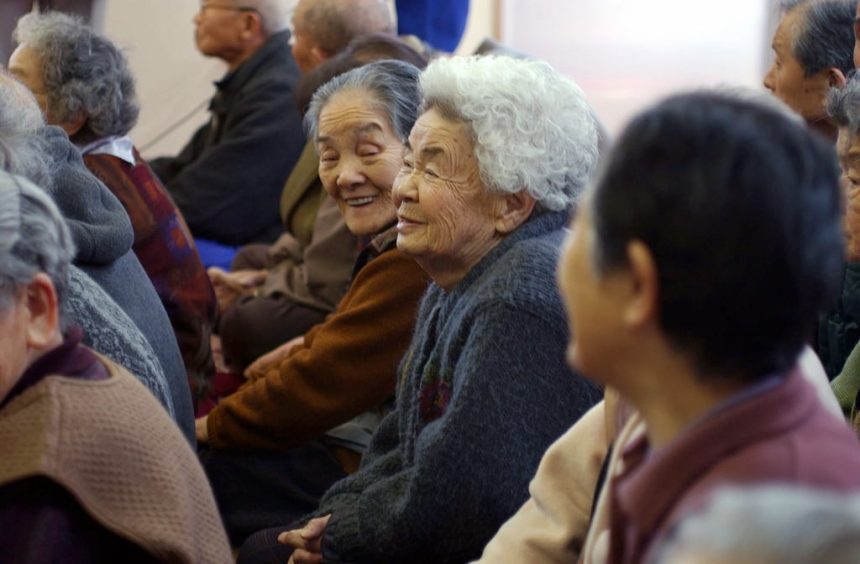A New Milestone for Longevity
As of September 1, 2025, Japan has reached a record high of 99,763 people aged 100 or older. This marks the 55th consecutive year the number of centenarians in the country has increased.
Gender Gap: Why Most Are Women
Women make up about 88% of this group—roughly 87,784 female centenarians compared to 11,979 male. This gender disparity reflects a long-standing trend in Japan and many other countries where women tend to live longer.
Faces Behind the Numbers
- The oldest person in Japan is Shigeko Kagawa, aged 114, living in Yamatokoriyama near Nara. She was formerly an obstetrician-gynecologist and general doctor.
- The oldest man is Kiyotaka Mizuno, aged 111, from Iwata.
What This Reveals: Demographics & Challenges
Japan is grappling with an aging and shrinking population. As people live longer, the country faces pressures around healthcare, elder care, pensions, and the workforce needed to support these services.
In 2024, the number of Japanese nationals dropped by a record amount—over 900,000 people—highlighting both low birth rates and declining population momentum.
Cultural Recognition & Government Response
In Japan, there is a tradition connected to reaching 100 years: on Respect for the Aged Day (mid-September), new centenarians receive a congratulatory letter and a silver cup from the prime minister. In 2025, 52,310 people qualified for this honor.
Health officials have publicly thanked centenarians for their contributions to society and acknowledged their longevity as both a point of pride and a signal of challenges ahead.
Implications: What’s Ahead
- Healthcare and Social Support: More pressure on medical systems, eldercare services, and welfare systems to care for a growing demographic of very old people.
- Labor & Economy: Shrinking working-age population may exacerbate labor shortages, potentially slowing economic growth.
- Policy Measures: Efforts are increasing toward supporting families, encouraging childbirth, adapting workplaces, and improving health preventative care.
- Sustainability of Traditions: As the number of centenarians rises, maintaining traditions like the silver cup awards becomes more costly.










